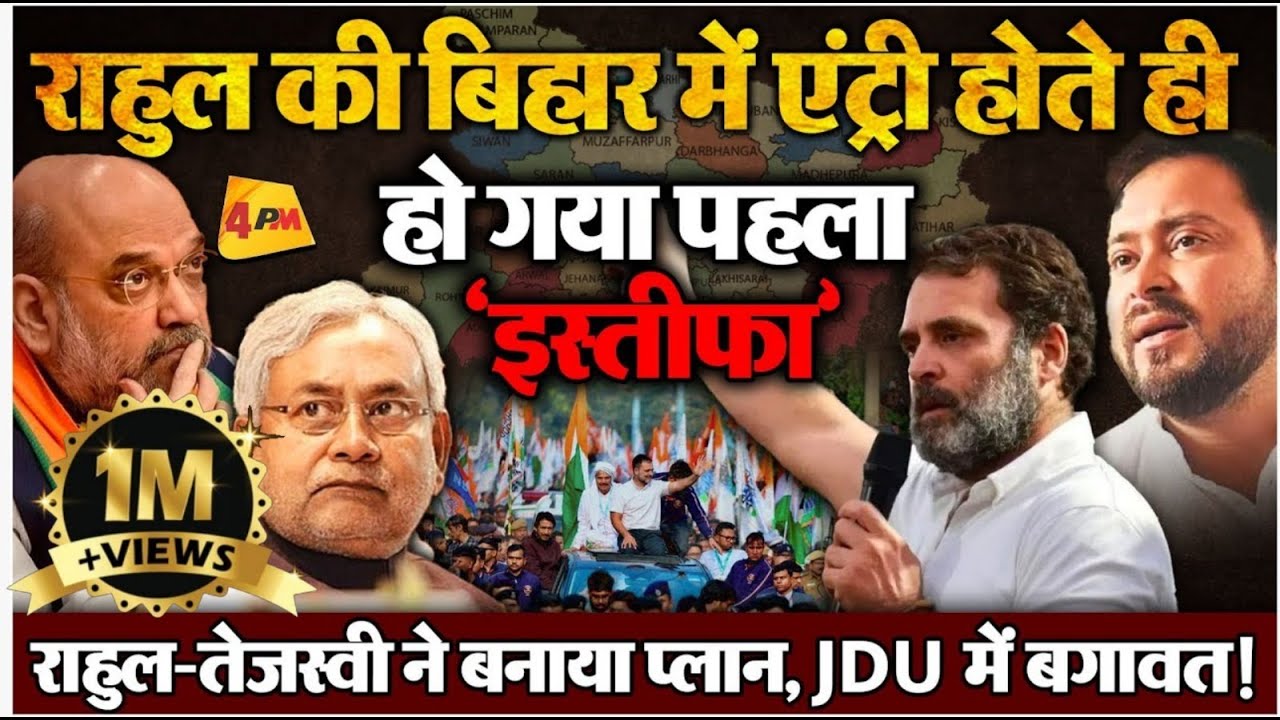Campaign finance | Political participation | US government and civics | Khan Academy
Summary
TLDRThis video discusses the complex landscape of money and elections in the U.S., highlighting the roles of candidates, party committees, donors, corporations, and political action committees (PACs). It distinguishes between hard money, which is regulated, and soft money, which can flow more freely for party-building activities. The impact of the 2002 Bipartisan Campaign Reform Act and the 2010 Citizens United ruling is examined, revealing how Super PACs can now raise unlimited funds independent of candidate campaigns, raising questions about the influence of money on democracy.
Takeaways
- 🏛️ Elections in the U.S. involve multiple actors, including candidates, party committees, donors, and organizations.
- 💰 Political Action Committees (PACs) pool resources to influence elections through financial contributions.
- 🪙 Hard money is regulated by the Federal Election Commission and has strict donation limits.
- 🌀 Soft money, in contrast, is not regulated and can be used for party-building activities without limits, provided there's no coordination with candidate campaigns.
- 📜 The Bipartisan Campaign Reform Act of 2002 aimed to limit soft money and prevent corporations from engaging in electioneering activities close to elections.
- ⚖️ The 2010 Supreme Court case Citizens United v. FEC allowed unlimited spending by organizations, fundamentally changing campaign finance.
- 📈 Super PACs emerged post-Citizens United, capable of raising and spending unlimited funds independently of candidate campaigns.
- 🔄 Critics argue that Super PACs exacerbate the influence of money in politics, undermining democracy.
- 🌍 Foreign ownership in U.S.-based corporations raises concerns about foreign influence in elections through PAC contributions.
- 🔍 The debate continues on how to regulate political spending without infringing on free speech rights, especially in light of Supreme Court rulings.
Q & A
What is the role of PACs in U.S. elections?
-Political Action Committees (PACs) pool resources to donate to candidates and influence elections. They serve as a means for individuals and organizations to contribute funds to political campaigns.
What distinguishes hard money from soft money in campaign financing?
-Hard money is regulated by the Federal Election Commission and has strict limits on contributions to candidates. In contrast, soft money is less regulated and can be used for party-building activities without direct coordination with candidates.
How did the Bipartisan Campaign Reform Act of 2002 aim to limit soft money?
-The Act sought to limit the influence of soft money by imposing restrictions on how parties could spend money, requiring that even party spending be subject to hard money regulations.
What was the significance of the Citizens United v. FEC ruling in 2010?
-The Supreme Court ruled that organizations could engage in electioneering and contribute unlimited funds as long as they did not coordinate with candidates, significantly weakening the Bipartisan Campaign Reform Act's restrictions on soft money.
What are Super PACs, and how do they differ from regular PACs?
-Super PACs can raise and spend unlimited amounts of money from individuals, corporations, and other PACs, provided they operate independently of candidate campaigns, unlike regular PACs, which have stricter contribution limits.
What concerns are raised about the influence of Super PACs on democracy?
-Critics worry that Super PACs exacerbate the already significant influence of money in politics, allowing corporations to wield considerable power over elections, potentially undermining democratic processes.
What activities can soft money be used for according to the script?
-Soft money can be used for party-building activities such as recruitment, outreach, and issue advertising, as long as it is not coordinated with candidates' campaigns.
Why might some individuals demonize soft money?
-Soft money is often criticized because it can circumvent campaign finance regulations, leading to concerns about disproportionate influence on elections and potential corruption.
How can corporations and labor unions influence PACs?
-Corporations and labor unions can sponsor PACs, encouraging their members or shareholders to donate to these committees, though they cannot directly contribute funds from their treasuries.
What challenges exist in regulating political contributions from corporations?
-Regulating corporate contributions is complex due to the potential for foreign ownership and influence, which raises concerns about maintaining the integrity of U.S. elections.
Outlines

このセクションは有料ユーザー限定です。 アクセスするには、アップグレードをお願いします。
今すぐアップグレードMindmap

このセクションは有料ユーザー限定です。 アクセスするには、アップグレードをお願いします。
今すぐアップグレードKeywords

このセクションは有料ユーザー限定です。 アクセスするには、アップグレードをお願いします。
今すぐアップグレードHighlights

このセクションは有料ユーザー限定です。 アクセスするには、アップグレードをお願いします。
今すぐアップグレードTranscripts

このセクションは有料ユーザー限定です。 アクセスするには、アップグレードをお願いします。
今すぐアップグレード関連動画をさらに表示

What They’re NOT Telling You About the 2025 Elections

बिहार में एंट्री करते ही राहुल ने कर दिया खेला, प्रेसिडेंट ने दिया इस्तीफा फंस गए नीतीश!

Influencing an Election | Campaign Finance

Politik Uang di Pemilu, Seberapa Bahaya bagi Demokrasi?

SEJARAH PEMILU DI INDONESIA DARI MASA KE MASA

tagesschau 20:00 Uhr, 02.09.2024
5.0 / 5 (0 votes)
